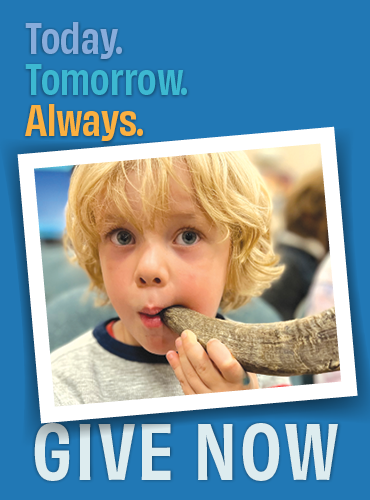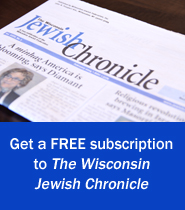
Teen Philanthropy
2023-24 Teen Philanthropy Board Grant Ceremony
Join our Teen Philanthropy Board Members for a celebration of their accomplishments and the presentation of grants to this year’s nonprofit recipients.
Event Details:
Sunday, April 21 | 4 pm
Harry and Rose Samson Family Jewish Community Center
Daniel M. Soref Community Hall
6255 N. Santa Monica Blvd., Whitefish Bay
Light refreshments and desserts.
Please RSVP by Friday, April 12.
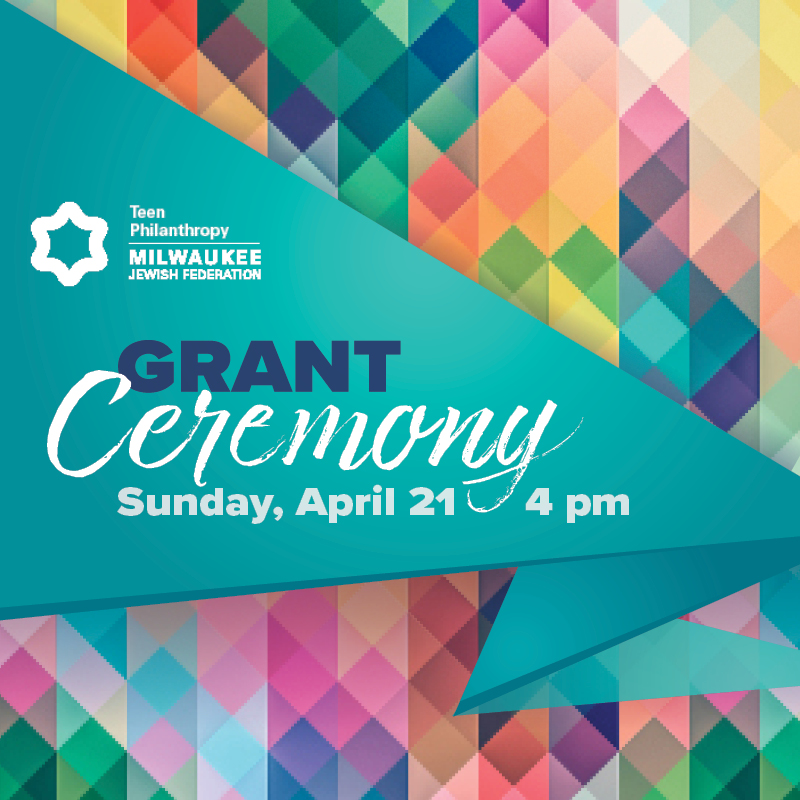
Please contact Dalilah Bernier at DalilahB@MilwaukeeJewish.org with any questions.
The Milwaukee Jewish Teen Philanthropy Board is a community program that engages 9th through 12th-grade Jewish teens in a communal giving and learning effort to achieve our goal of Tikkun Olam, “repairing the world.”
What is Teen Philanthropy?
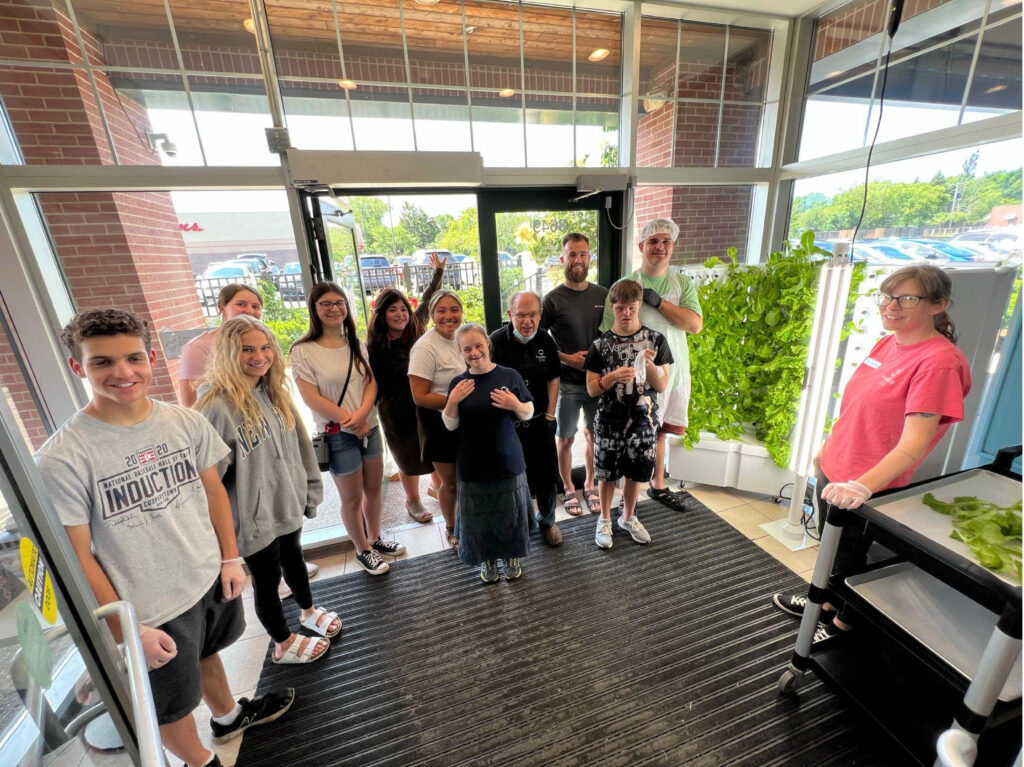
The Milwaukee Jewish Teen Philanthropy Board is a community-wide program that engages Jewish teens in a communal giving and learning effort to achieve our goal of Tikkun Olam, “repairing the world”.
A diverse group of Jewish students in high school from the greater Milwaukee area attend monthly sessions centered around grant making, non-profit functions, and the philanthropic model.
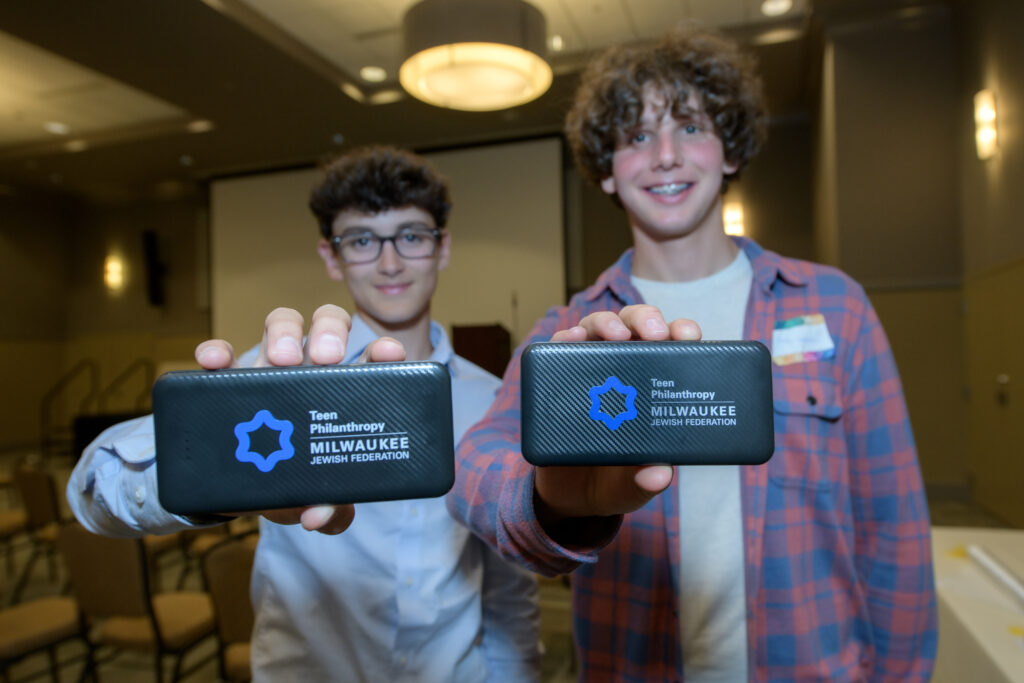
In empowering teens to use philanthropy as a means to make social change, the sessions cover a variety of topics ranging from understanding community need, developing grant strategies, evaluating grant proposals, performing site visits and practicing strategic decision-making and consensus-building techniques.
What does Teen Philanthropy do?
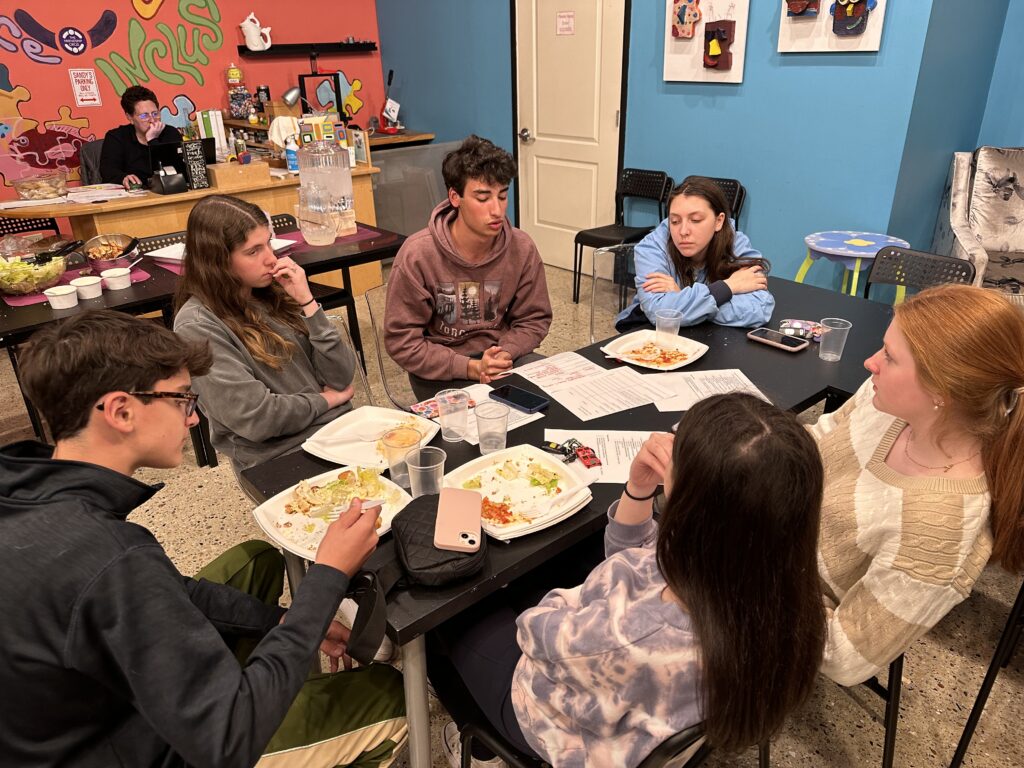
The 2022-2023 Teen Philanthropy Board allocated funds to the below organizations after a thorough vetting and decision-making process.
- Friendship Circle of Wisconsin
- Children’s Hospital of Wisconsin
- The Nathan and Esther Pelz Holocaust Education Resource Center
- Jewish Family Services
Quotes from Board Members
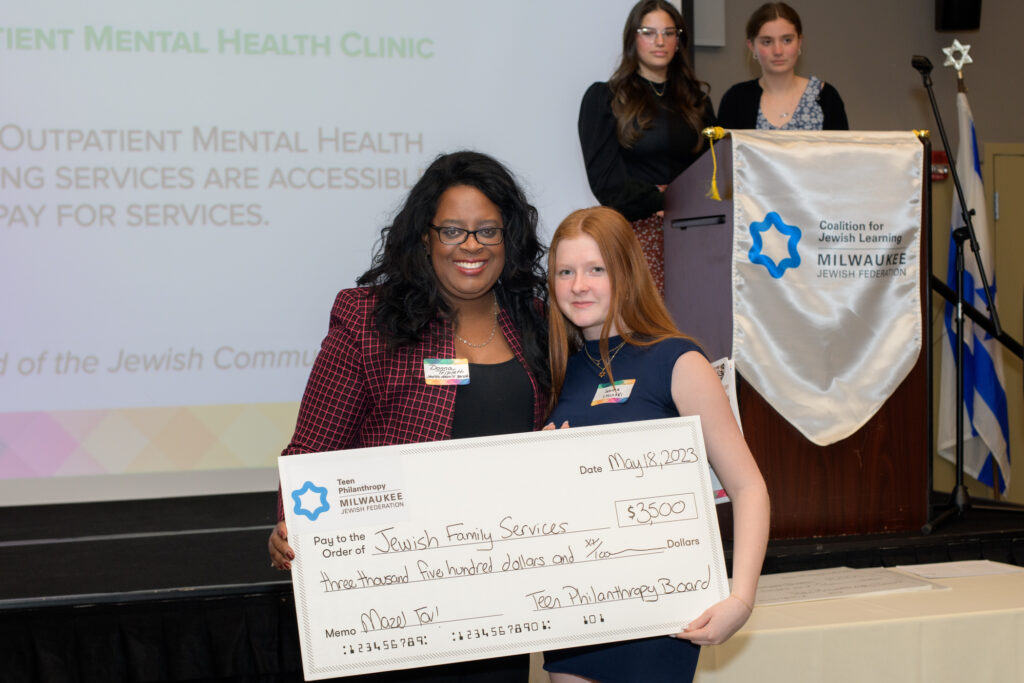
“The board acts as a meeting point between Jewish teenagers and the local community.”
“This program was different from other Jewish experiences because it wasn’t just about having fun, it was also about making a difference.”
“MJTPB helped me feel that I could be a change maker in the world. I enjoyed being able to make a decision that took time and long thinking.”
“I have developed the ability to support my ideas with evidence to prove and justify why I advocate for it.”
Contact
If you have any questions about the Milwaukee Jewish Teen Philanthropy Board, please contact Dalilah Bernier, Director of Teen Initiatives.
The Teen Philanthropy program was made possible by a grant from the Bud & Sue Selig Donor Advised Fund of the Jewish Community Foundation.
